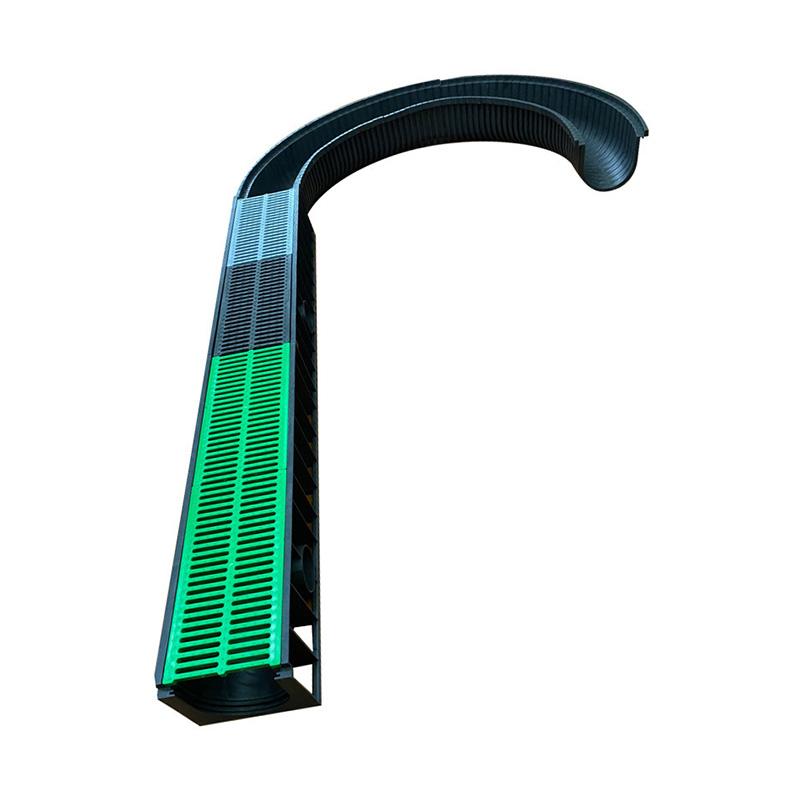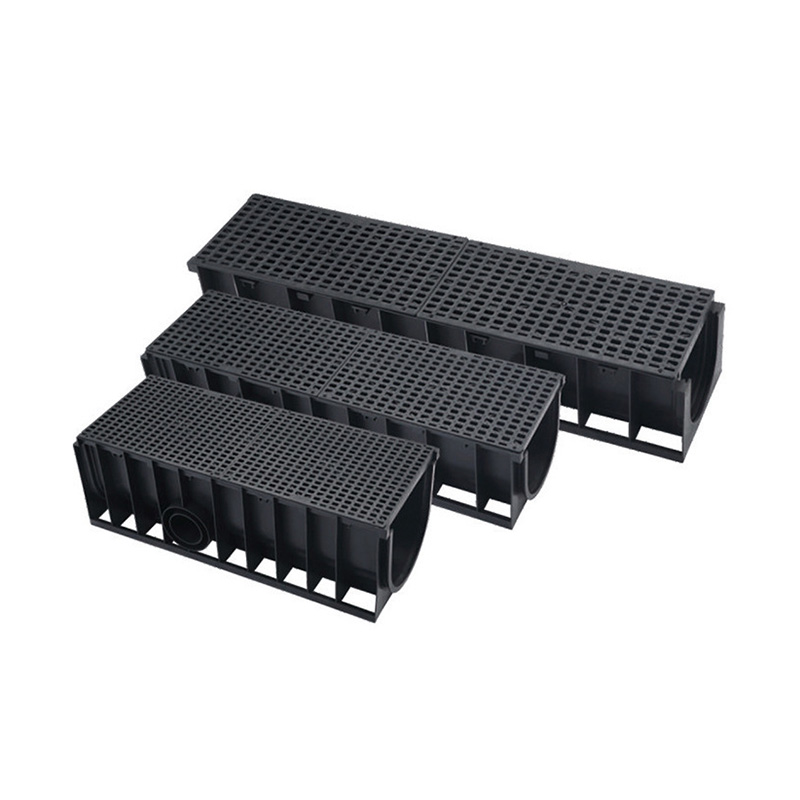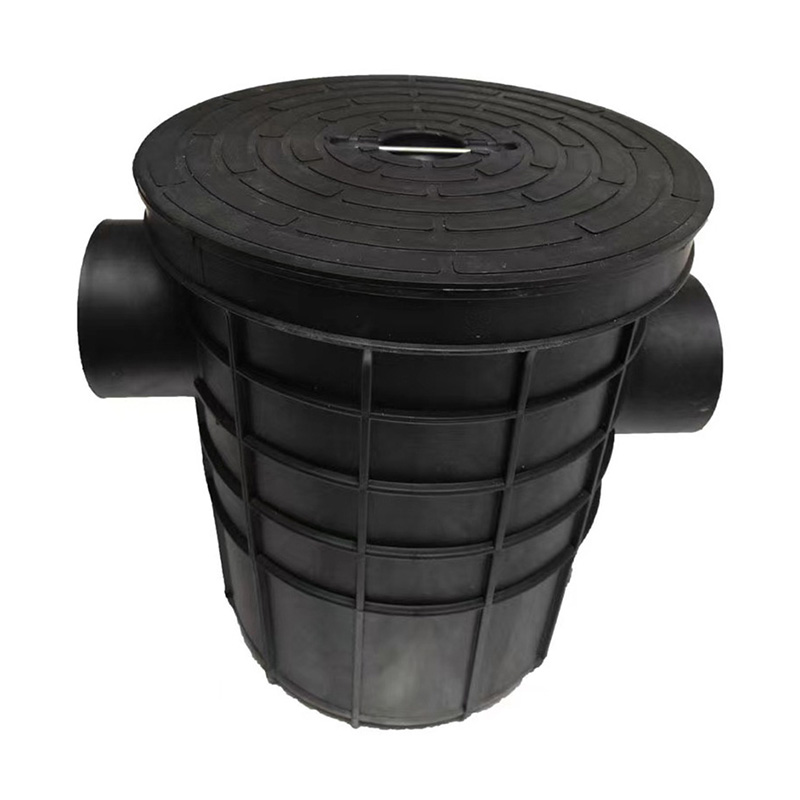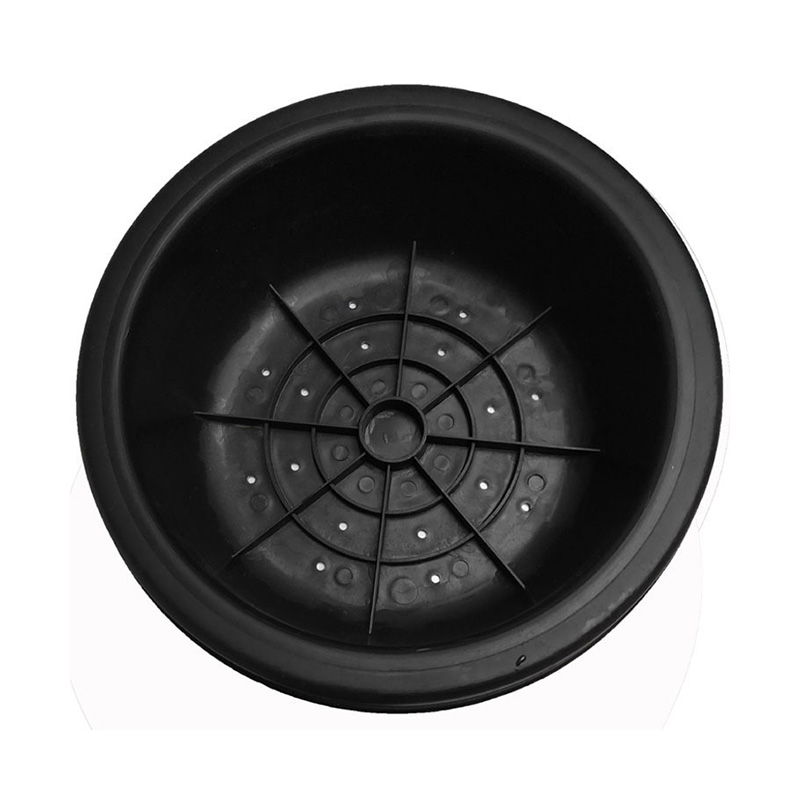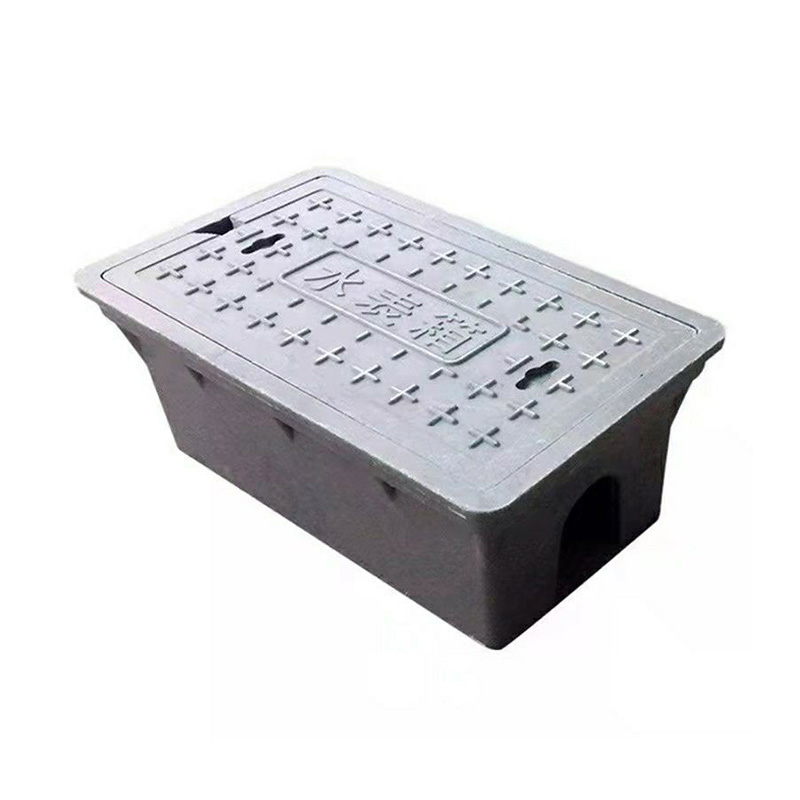As environmental awareness continues to grow, industries worldwide are placing greater importance on responsible waste management practices. In facilities where oil and water often mix — such as automotive workshops, industrial plants, and service stations — managing this type of waste safely and efficiently has become a key concern. One reliable tool aiding this effort is the plastic oil water separator. These practical devices are helping businesses improve waste management processes while reducing environmental impact. In this article, we’ll explore how plastic oil water separator solutions contribute to eco-friendly operations in today’s industries.
One of the primary environmental benefits of using a plastic oil water separator is its ability to prevent oil and other harmful substances from entering public water systems. In automotive garages, factories, and car washes, oil-contaminated water is often produced during cleaning, maintenance, and daily operations. An oil water separator captures and isolates oil before wastewater reaches the drainage system, helping protect local water supplies and surrounding ecosystems.
By reducing pollutants in discharged water, businesses using an oil water separator can meet local environmental regulations more easily and contribute to healthier communities.
Eco-friendly waste management isn’t just about disposal — it also involves recovering and reusing valuable resources whenever possible. A plastic oil-water separator makes it easier for businesses to collect waste oil for recycling. The separated oil can be gathered from the separator’s holding area and sent to certified facilities for responsible processing.
In this way, the plastic oil water separator supports a more circular approach to waste management. Instead of letting waste oil contaminate water systems, businesses can convert it into usable materials, reducing both environmental impact and waste disposal costs.
Since a plastic oil water separator efficiently removes oil and other substances from water, it reduces the need for chemical-based water treatments. Facilities that rely on chemical cleaners or flocculants to manage oily water can use less of these materials when a separator is in place. This helps lower the volume of chemical waste produced and reduces the potential risks associated with chemical disposal.
Additionally, the durable, corrosion-resistant nature of a plastic oil water separator extends its service life, meaning fewer replacement parts or entire units end up in landfills over time.
The use of an oil water separator also contributes to safer and more environmentally responsible workplaces. By preventing oil spills and reducing the spread of contaminants, these separators help reduce slip hazards, workplace accidents, and equipment damage. Cleaner, well-managed wastewater systems also improve air and water quality around industrial and automotive sites.
Employing a plastic oil water separator shows a business’s commitment to sustainable practices, something that is increasingly valued by customers, regulatory bodies, and the broader public.
Many eco-friendly solutions can be challenging or costly to implement, but the plastic oil water separator is relatively simple to install and maintain. It can be integrated into existing drainage or wastewater systems without requiring major facility changes. This ease of use makes it an accessible option for businesses looking to upgrade their environmental management practices without significant operational disruption.
The plastic oil water separator has become an important tool in promoting eco-friendly waste management across multiple industries. By improving water discharge quality, supporting recycling efforts, reducing chemical waste, and creating safer work environments, these practical devices help businesses operate more sustainably.
As environmental regulations tighten and public awareness around water pollution grows, the role of the plastic oil water separator in responsible waste management will only become more significant. For companies seeking straightforward, cost-effective ways to reduce their environmental impact, incorporating an oil water separator into their wastewater treatment systems is a reliable, forward-thinking step.
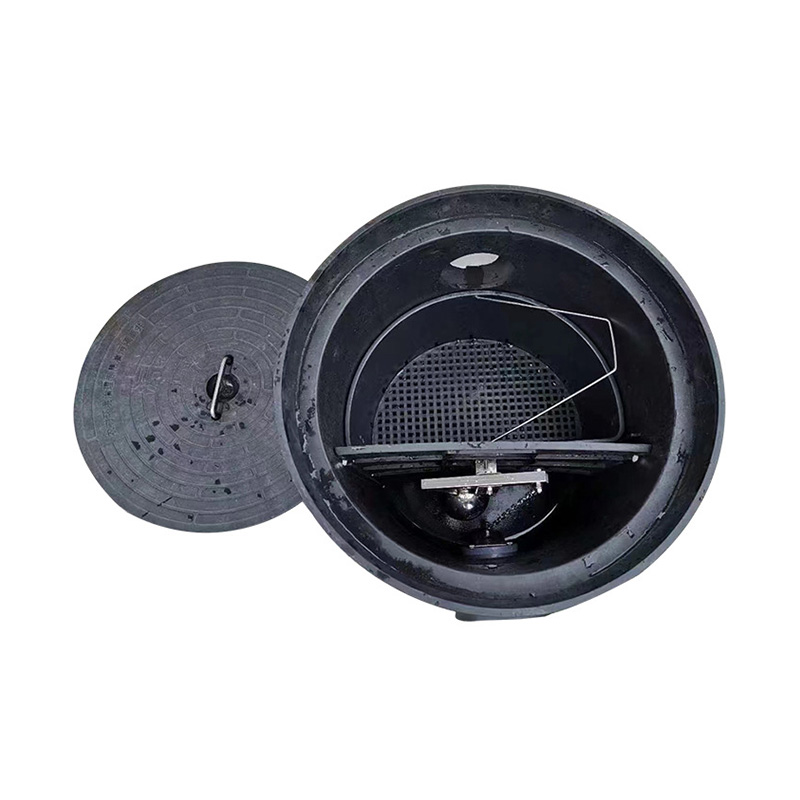

 English
English русский
русский Español
Español عربى
عربى
